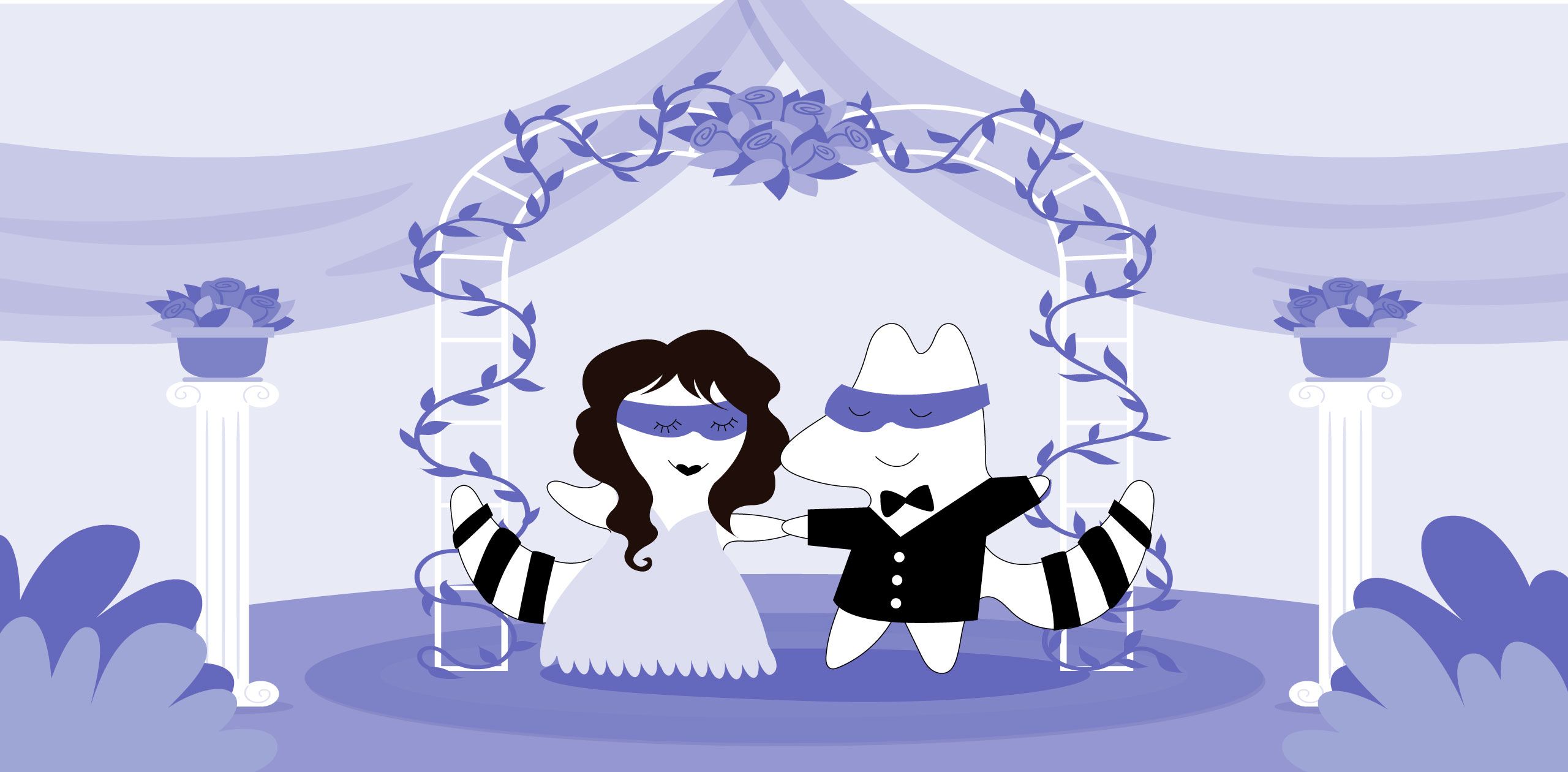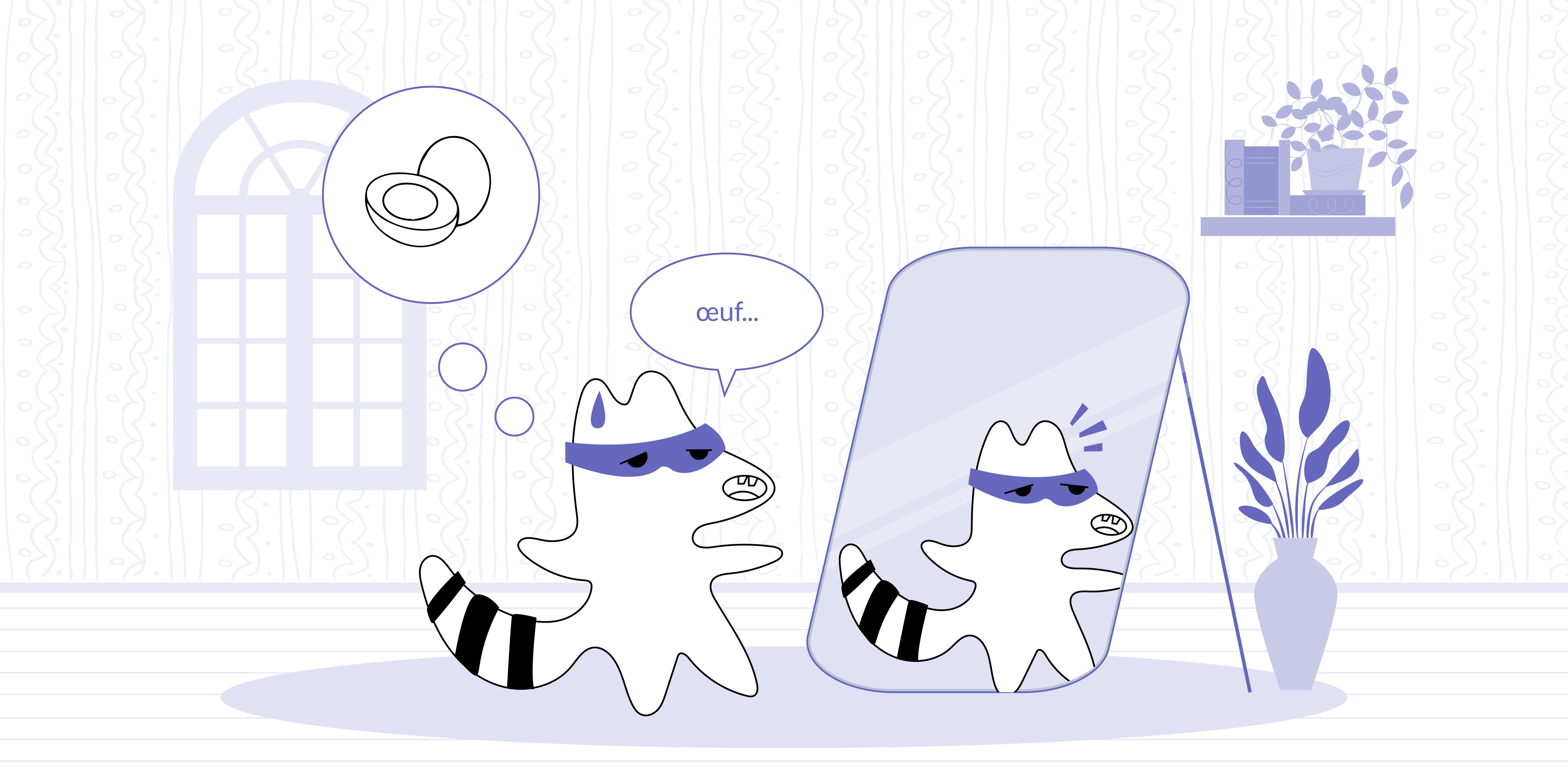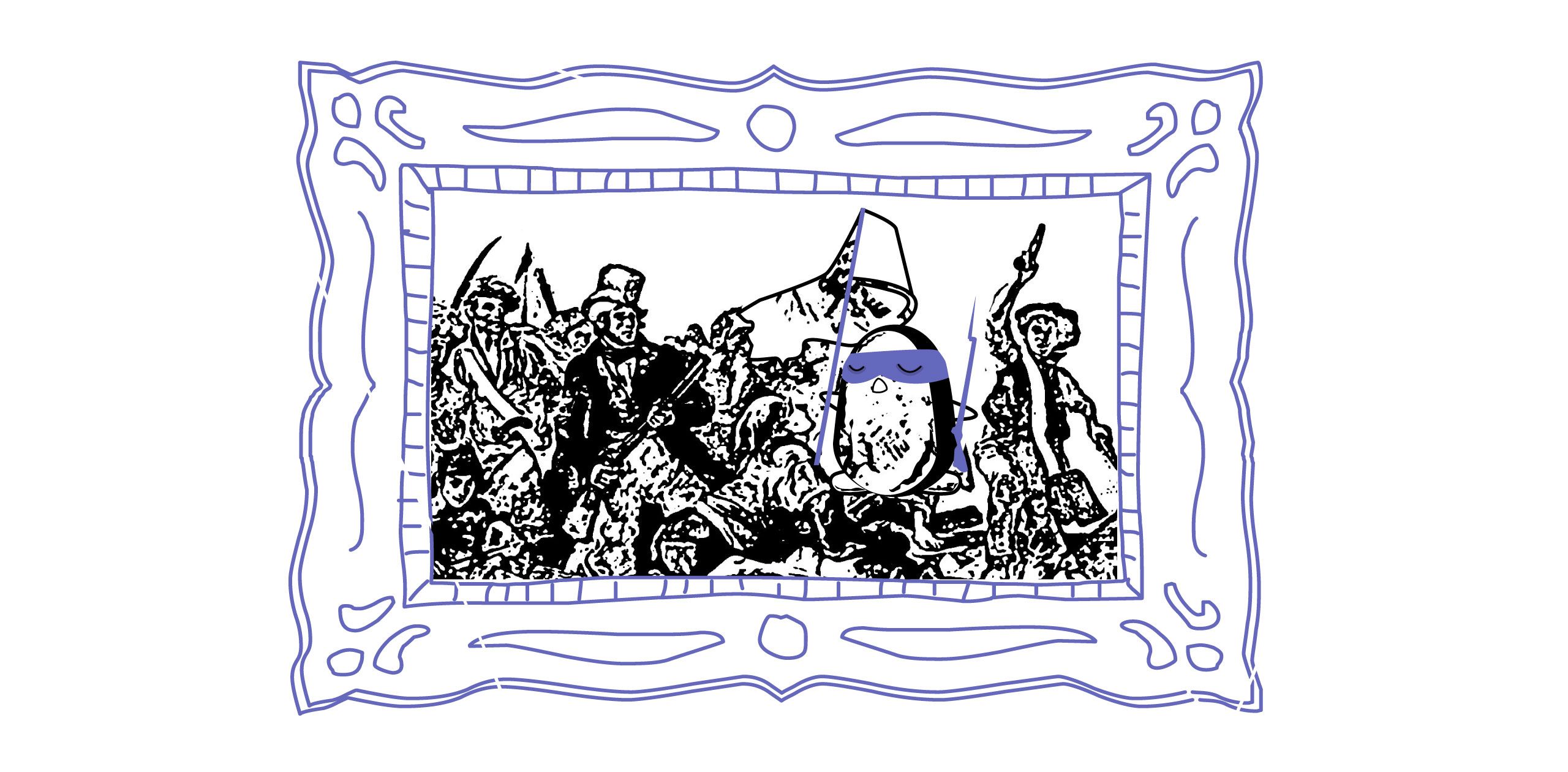
Learning a language is not only about reading, speaking, or memorizing vocabulary. It’s also about the culture, the people, and the history of the country (or countries) where this language is spoken.
This won’t only help you know the context of new words. When you learn more about the history of the French language and its connections to other countries and languages, it might get easier for you to understand more of the grammar or speaking rules - and then use them fluently.
So why not dive into the story of langue française right now? Let us tell you everything about the history of the French language - how it appeared, what it looks like now, who speaks it, and why it’s called a Romance language. Read on, and learn something beyond the stories in the Langster app.
Learn French with Langster
The History
The history of the French language is quite rich. While the language itself was officially recognized in 1539, we have to go back two millennia ago - to the age of the Roman Empire.
Gaul
What’s now called modern-day France and Belgium was once a single ancient region in Western Europe named Gaul, which coexisted along with the Roman Empire. Between 58 BC and 50 BC, Roman general Julius Caesar waged the war against the peoples of Gaul - today we know this event as the Gallic Wars.
When Gaul was conquered by the Romans, two languages were used side-by-side in the region - Gaulish, a Celtic language, and oral Latin. However, as Gaulish was not primarily meant for writing, Latin has surpassed it.
We can’t say when exactly Gaulish went extinct; nevertheless, it has left its heritage in the French language. Today, there are about 100 words of Gaulish origin in the French vocabulary, including “chêne” (oak), “chemin” (path), and “caillou” (stone).
That story also gives us an answer to the question of why French is called a Romance language. It is related to the Roman empire.
Latin
As Latin spread around the new areas where the Roman Empire expanded, it evolved. The lower classes started embracing this language, and it was quickly altered by local forces. This is when the dialect called Vulgar Latin appeared, “vulgus” meaning “the people.”
It’s thanks to Vulgar Latin that many people today can easily learn French. While the French language has become distinct from as early as the 9th century, it still clearly shows its Latin roots.
That is thanks to the many people who know at least one other Roman language. They are able to learn another similar language pretty quickly. So, for example, if you already know Italian, learning French shouldn’t be as demanding for you as for the people who know an unrelated language like English or Russian.
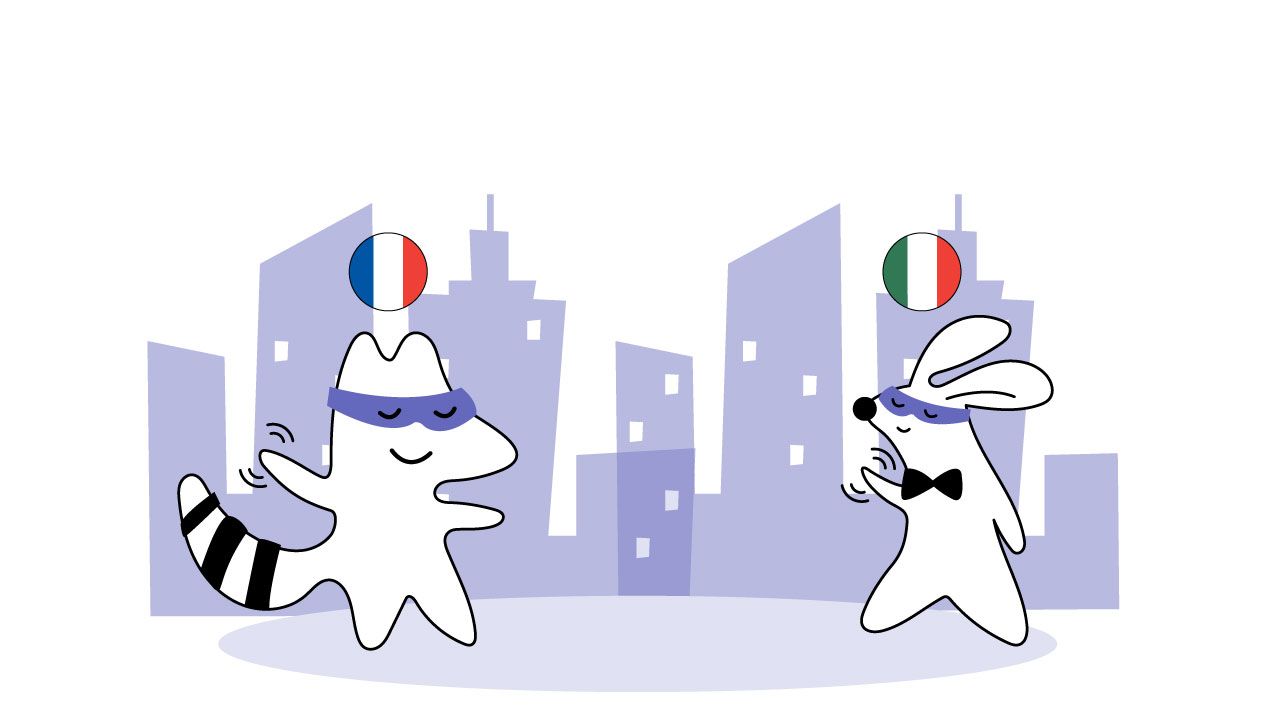
Frankish
In the 4th century, the Migration Period started - or as the Romans called it, the time of Barbaric invasions. During and after this period, the Francs (a group of Germanic tribes) integrated into the region that is now modern-day France. This had a big impact on the language that the people in the area spoke.
Thanks to the Francs, the pronunciation and musicality of the language were modified, and new stress patterns and patterns of usage were imposed onto Vulgar Latin. For example, the impersonal singular pronoun on (a calque of Germanic “man”) was introduced into the old French by the Francs.
This is the reason why French is so different from other Romance languages when it comes to sound. It’s not quite as sing-songy as other Romance languages such as Spanish or Italian. It’s also why you might occasionally find French sounding a lot like German.
As the Roman population integrated with the Francs, the French language emerged from a melting pot of Germanic, Vulgar Latin, and Celtic roots. And as centuries went by, it continued to receive strong influences from other languages, including Italian, Greek, and English. English played an especially important role in the 20th and 21st centuries.
The most foundational contributions to the language were made by the Roman Empire and the Francs - with the latter providing the name of what today is called France.
The Dark Ages
During the Dark Ages, after the fall of the Roman Empire, an educational decline occurred among the majority of the population. Regular people no longer could speak or even understand Latin by the end of the 8th century.
In 842, King Charlemagne (also known as Charles the Great) required the priests to give sermons in the “Roman rustic language” or “Theotiscam” (a Germanic vernacular language) so that the common people could understand them.
This is when Old French was first recognized as an oral language. Nonetheless, it still was very different from the French we speak today - its birth would take place a few decades later.
Old French
During the Middle Ages, Latin continued to be the prevailing language in religion, education, and law. However, beginning from the 10th century, the vernacular language Old French started taking over written communication. By the 14th century, it came to be known as the langue d'oïl, contrasting with the langue d'oc or “Occitan” in the southern France.
Epic poems were written in the various French dialects as early as the end of the 11th century. For example, the Song of Roland, an epic poem that is one of the most emblematic examples of the French culture of this time, was written in the Anglo-Norman dialect of Old French.
What remnants of the old French exist today in modern French? Many things. For example, various complicated diphthongs such as the -eau, with the pronunciation of which many beginning learners struggle today.
Middle French
During the period from the 14th to the 16th century, Old French went through yet another transition, and the French language became clearly distinguished from the other competing dialects, which are known as Oïl languages. Today this period is known among linguists as middle French.
In 1539, François I made French the sole recognized language for legal acts - which later led to it being imposed as the official language of the kingdom of France in place of Latin and other Oïl and Occitan languages.
However, the most important changes occurred in the 15th century with the start of the Renaissance and the invention of the printing press. This created the unification of the French grammar structure.
Robert Estienne published the first Latin-French dictionary, which included information about phonetics, etymology, and grammar; some other French grammars were published as well. After the period of purification, structurization, and unification, French became the language we know today - modern French.
Lingua Franca
But before we start talking about the French language as it is today, there’s one more period we need to cover. In the 17th century, French became the international language - lingua franca - and it functioned in this role until the mid-20th century when English took over.
It may come as a shock, but during the French revolution, only a small part of France’s population could speak French. Instead, it was the language of the elite and higher classes - and it shortly became an official language in many European courts and international institutions, as well as the language of law and politics.
French even reached Africa and the other side of the Atlantic, which led to the appearance of Québécois - Canadian French. Even today French is the lingua franca in many countries, such as most Western and Central African countries, and some international institutions, including the International Olympic Committee, FIFA, and the FIA.
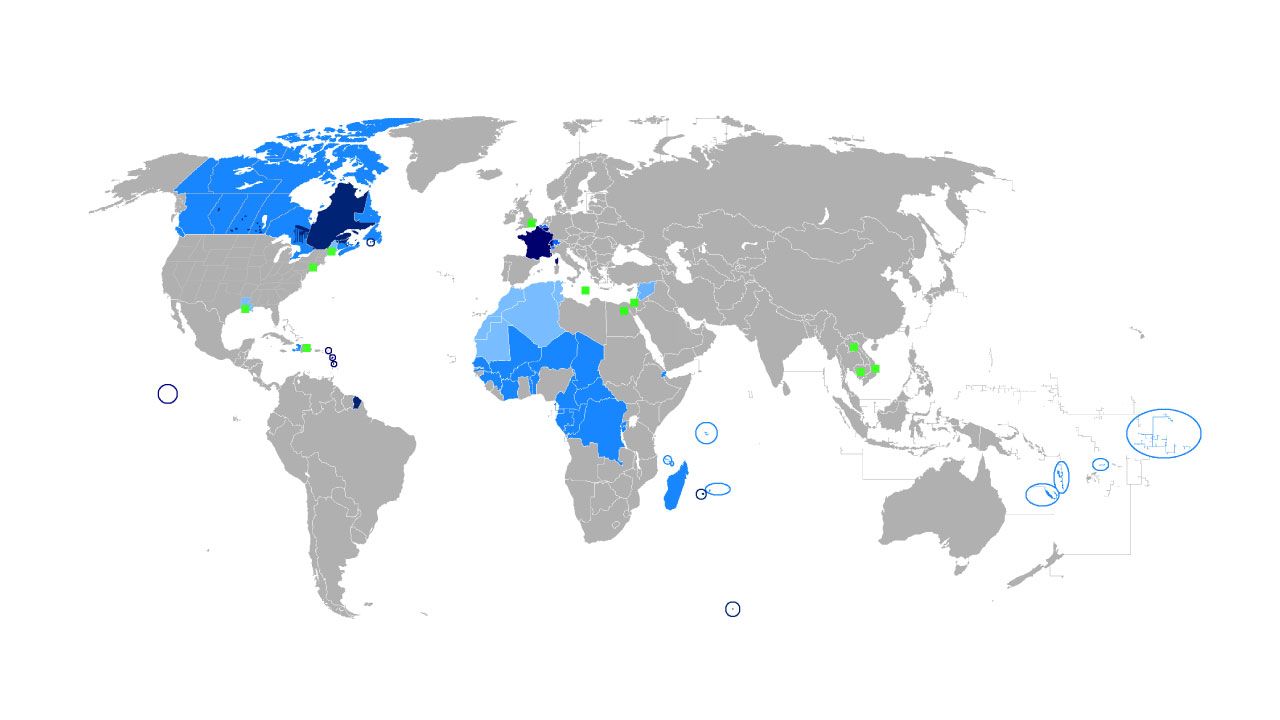
French Today
While modern French is much more structured and unified than all of its predecessors, it’s still vulnerable to strong influence from other languages. English has created the most issues in the last few decades.
You might have heard that French people don’t like English, and if you try speaking in it in Paris, people may simply ignore you (and that’s the least that could happen). There are few reasons for that - and language history is one of them.
Since the mid 20th century, with the ending of WWII, the United States has risen in the political area. This led to English gaining international significance, and to French losing its position as the key international language in Europe.
Moreover, in modern times, Franglais appeared - an overuse of English words by French speakers. The standard French has been flooded with English tech words like “cell phone,” and slang. By some people, Franglais is perceived as an attack on the identity of the country itself through the corruption of the national language.
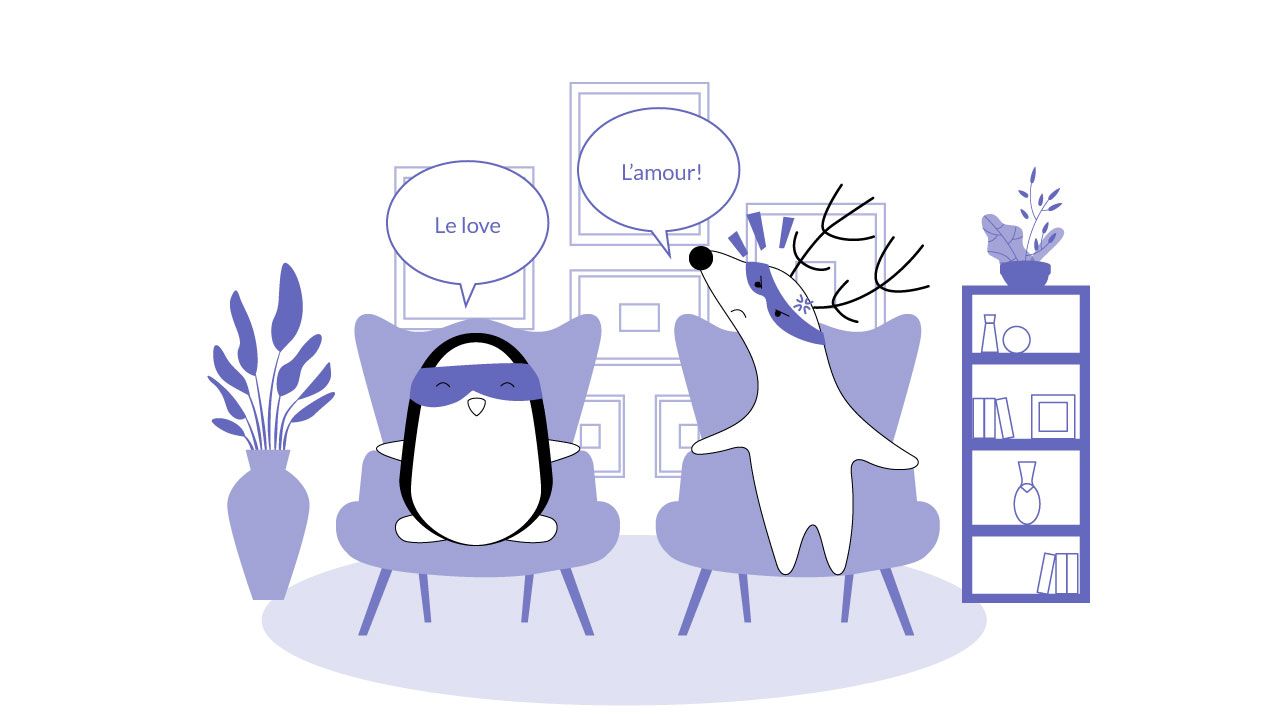
While the French tend to resist the anglicization of French words, that doesn’t stop the spread of English. Nevertheless, many French people continue to fight the tendency to use English words and try to stick to their native (or second-learned) French, full of nuances, complexity, and beauty.
Of course, not all French speakers are sensitive when it comes to English. Nevertheless, if you know French even at the beginner’s level, it’s still more polite to use it when you’re in France instead of your perfect English.
Different Variations of French
French is an official language in 33 countries worldwide. It’s also one of the six official languages of the United Nations. For around 220 and 300 million people, French is the first language, and many people around the world learn it as their second or next foreign language. With all that in mind, it’s unsurprising to learn that numerous French variations and dialects exist.
During the period of the French colonial empire, the French language reached the farthest corners of the Earth, including Africa, Canada, and Asia. Moreover, as the lingua franca, it has also spread over Europe, which lead to it becoming a second language in many European countries today.
There are also various dialects of French that are the remnants of the languages d'oc and languages d'oïl. These are the reasons why a Parisian might struggle when speaking to a person from Marseille.
Parisian French is used today as the ‘model’ for the French language - mostly because of the important role of the French capital in the political and cultural arena. Nevertheless, it’s always useful to learn about a number of differences that you might encounter when using French in different countries and different French regions.
After all, you need to know when to say pain au chocolat and when to use chocolatine. Stick to our blog to learn more about that, or perform your own research online.
Where is French Spoken Today
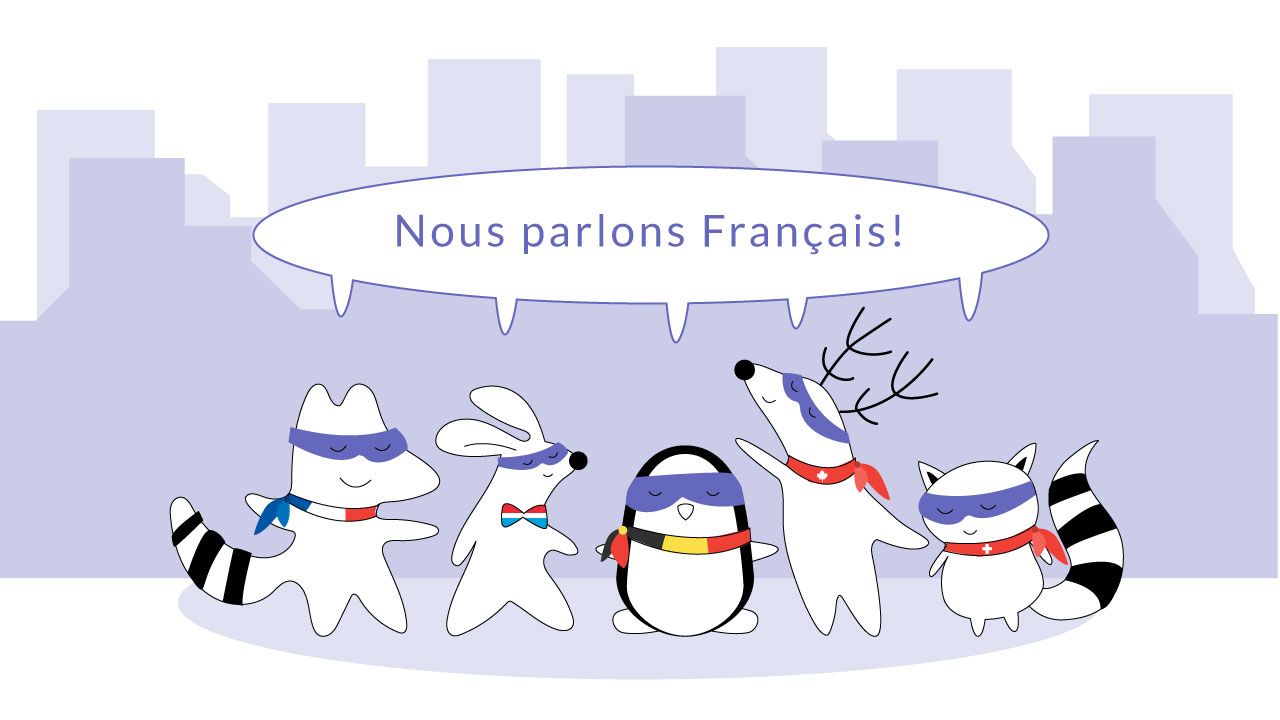
While English is taking over the world as a lingua franca, French is still widely used in many countries, where it’s an official or second-spoken language. Here’s an incomplete list of places that still use French today:
French as an official language:
- France
- Canada
- Belgium
- Switzerland
- Lebanon
- French Polynesia
- Côte d’Ivoire
- Madagascar
- Cameroon
- Burkina Faso
- Niger
- Mali
- Senegal
- Haiti
- Benin
Final Thoughts
Today we have covered some basic yet essential moments in the history of the French language. All these can help broaden your understanding of French grammar, vocabulary, and structure. Perhaps it will ease your communication with French speakers as well as your overall learning process.
Let’s recap the story and sum up the history of the magnificent French language.
As you should already know by now, this romance language didn’t just appear out of nowhere. It was born from a Celtic dialect, shaped by the Gallo-Romance culture, overthrown by Vulgar Latin, modified by the Franks, and announced as an official language only in 1539.
Both its oral and written form changed over time and started to finally be structured in the 18th century. Then there was the period of French’s domination, as it had taken over the position of the official international language until English surpassed it.
Today, French is losing its popularity to English when it comes to international communication. Nevertheless, it’s still one of the most widely used languages worldwide. So knowing French will always come in handy.
Do you want to boost your French language learning process? Learn more about the history of the French language in the stories in our app and broaden your speaking, listening, and reading skills.







